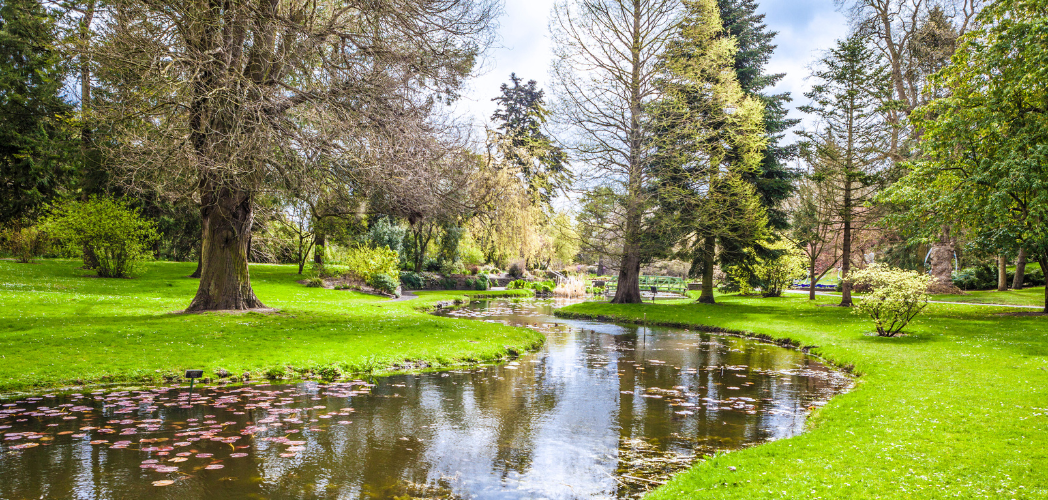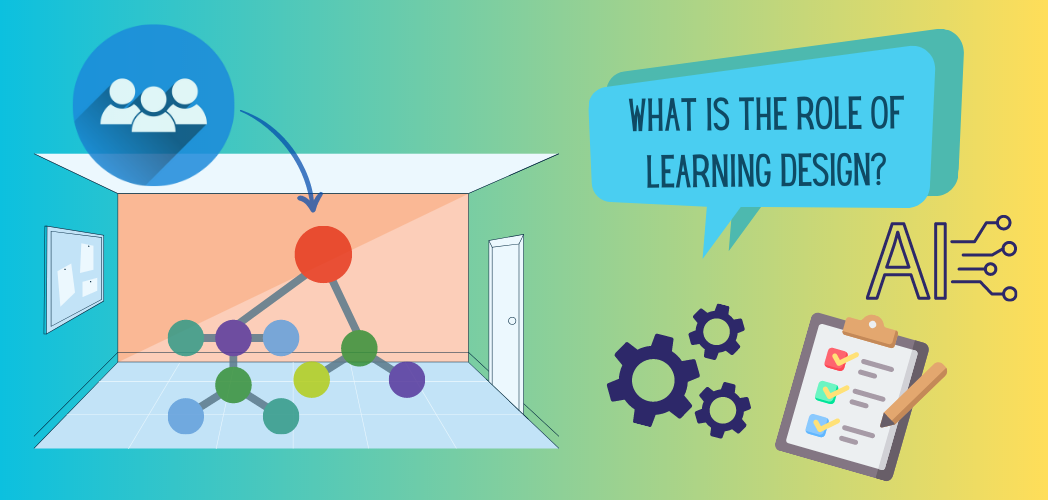-
Reflections on ALT conference 2023: Supporting colleagues to take practical actions to embed sustainability

Hayley Johns and Paul Astles ~ Learning Designers This blog post builds on our previous sustainability related post. You can read that here. If you have not had a chance to read it yet, do go back and check it out. The work presented by Hayley and Paul on behalf of the Learning Design Sustainability…
-
Out and about with Learning Design: Learning from working with others

Gerald Evans ~ Head of Learning Design; Emilou Hayden, Catriona Matthews, and Paul Astles ~ Learning Designers In this post, we’re sharing some of the experiences of team members who have worked on external projects. As a team we periodically work with clients both inside and outside the OU to provide Learning Design specialist…
-
Sustainability: Our journey to connect colleagues with non-tokenistic action in the design process

James Openshaw and Paul Astles ~ Learning Designers This article is the first of a two-part reflection about our collective experience at the EDEN 2023 conference in Dublin, Ireland and the EAUC conference 2023 in Bath, England. Alongside our shared experience and takeaways from those events this blog post will also include an update about…
